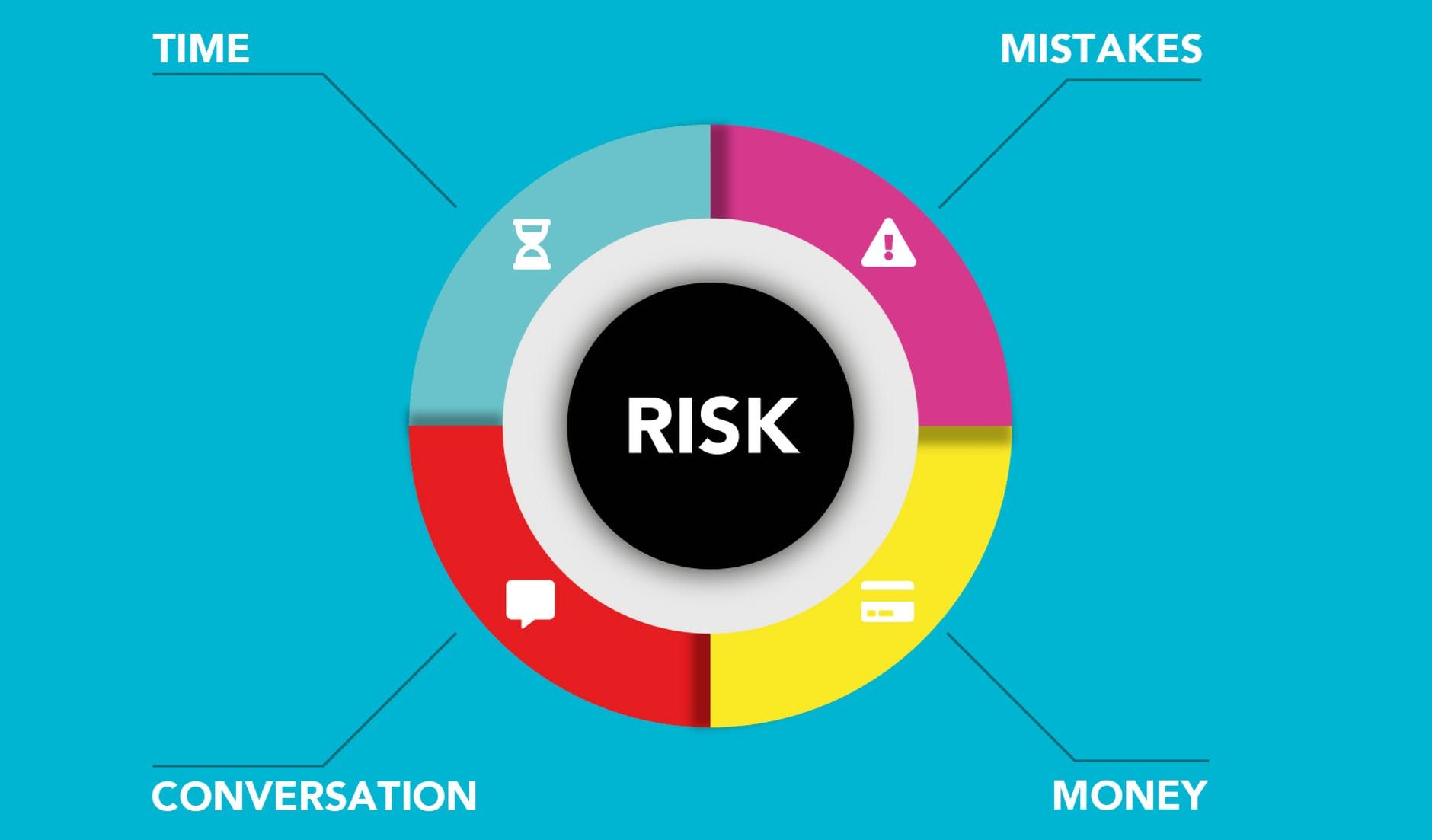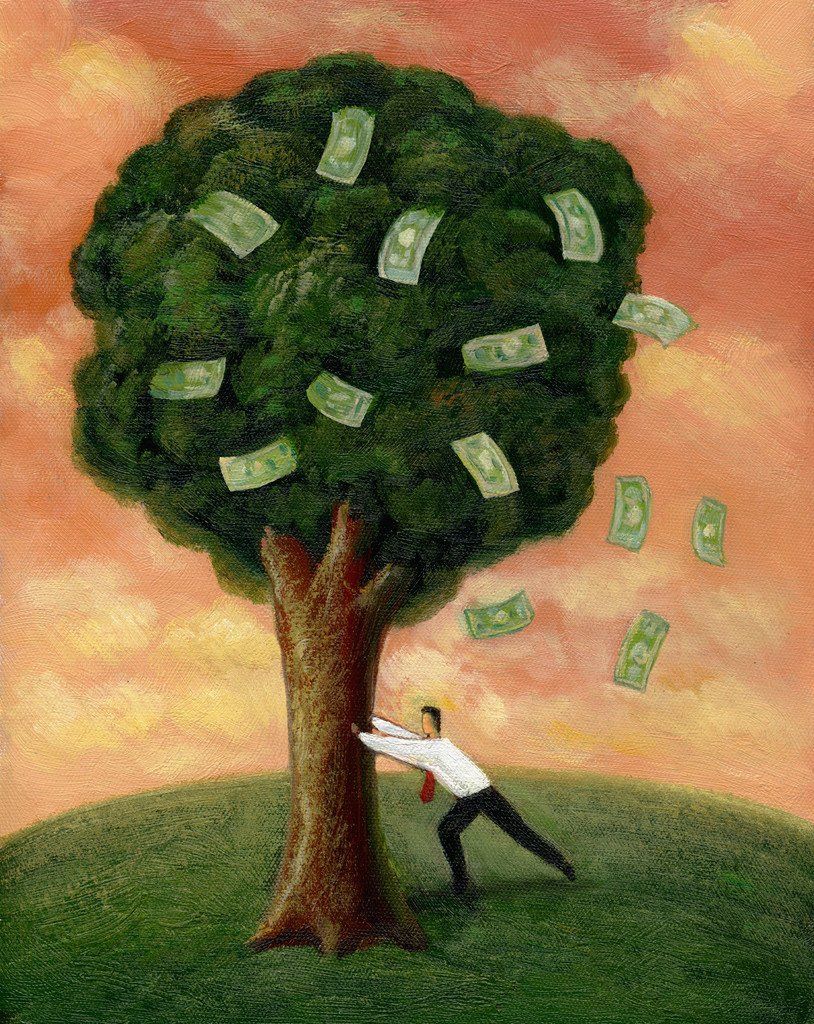New Year, New You
Three steps to improve your finances - better than New Year resolutions that get left behind.
Well, here we are, we have officially left 2020 behind! Isn’t that great news? Probably for most of us/you, it will be one of those strange years that you will never forget, thanks (????) to a certain virus. But wait, as if things couldn’t get any worse, we have just recently had something called ‘Blue Monday’, apparently the most depressing day of the year, ‘scientifically calculated’ (look it up, you will be surprised). Now, I don’t know about you, but this rings instant alarm bells for me and smacks of the typically unhelpful method of framing something in a misleading way instead of focusing on the real issues. Coming up with a calculation of something that is unmeasurable is fundamentally flawed. It can be a source of fun but nothing else.
How many other, similarly unhelpful frames do you come across or even set for yourself, particularly in the area of financial skills? How many times have you heard people say ‘There’s no point in saving…’ ‘I haven’t got time to switch utilities providers…’ ‘I don’t understand investing…’ ‘I can hardly get by today, what do you mean 5, 10, 20 year targets?’ and so on, and so on.
It’s a new year, let it be a new you. Discard New Year resolutions that you know you will never keep and, instead, try for something that has a positive impact on you. Like sorting out your financial affairs, getting more on top of every penny coming in and going out. Depending on how you weathered the lockdowns, working from home, furlough, losing jobs, investment performance, everyone will be in a different place. Pretending that there is a homogenous response to a change in people’s financial positions is just as equally flawed as claiming you can scientifically calculate when you will be most depressed.
Embrace your individual situation by starting healthy financial habits for 2021. Treat the year as a blank sheet of paper. It’s not as easy as 1,2,3 but close:
No.1, prepare a cold, factual summary of everything you earn, everything you spend, everything you own and everything you owe. For your earnings and, in particular, for your spending, put the entire 12 months of the year. This will help you see the bigger picture and, also, allow you to include not only your recurring, everyday expenses but your ambitions as well, like a holiday, a larger purchase, flat/house repair, etc.
No.2, step back and think. What does your income/expenditure balance look like? Have you got money left-over? Yes/no? Why? Have you got a view on what the balance should be like? If you subscribe to my blogs, I am hoping the answer is a resounding ‘yes’, aiming for constantly saving however little or however much you can afford. Now set up a list of actions. For example, in order to save, ‘pay yourself’ first and put that money aside. Commit to categorising your expenses as mandatory and discretionary. Explore if you can reduce your costs by reviewing your subscriptions/policies, e.g. entertainment, utilities, insurance, memberships, etc. Lastly, prioritise. Make some decisions and stick by them.
No.3, commit to regular reviews of all of the above. I find a quarterly review works for me but then I have done this so many times and so often that I actually have most of it in my head as we go through time and a lot of this comes as second nature. You might find that works for you, too, or you might find that, to begin with, a monthly review suits you better. The ‘trick’ is to stick to regularity. Nothing will re-shape your relationship with money more than a constant, conscious effort to be in charge.
Lastly, and very importantly, this doesn’t have to be boring. It doesn’t have to be like a constant elimination of all discretionary spending either. Money has a purpose, you need to find its purpose for you. Again, it’s 100% individual and specific to you. I like to say that money helps things happen and its absence makes things more difficult. But, in itself, it doesn’t do anything and its value to you is derived from how you use it. Plan some spontaneous spending into your budget and you will find boring and exciting happily co-habitating!
Here’s to a New Year and New You and, to use a discredited phrase, to 'taking back control' of your relationship with money in three steps over the course of 2021. Things can only get better. And, as for Blue Monday, I suggest you stick to New Order’s synth-pop version.










